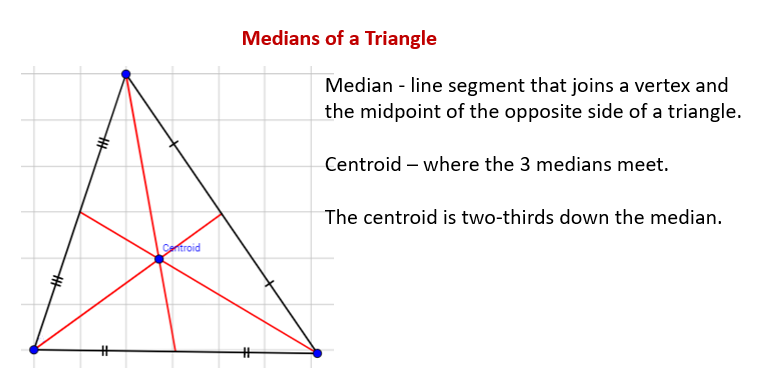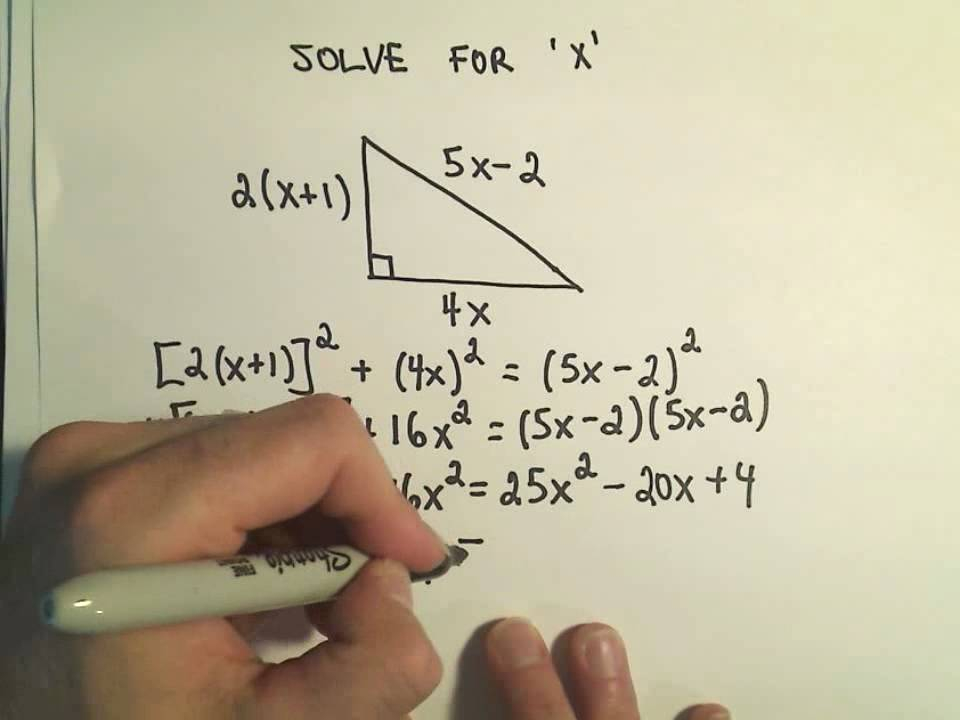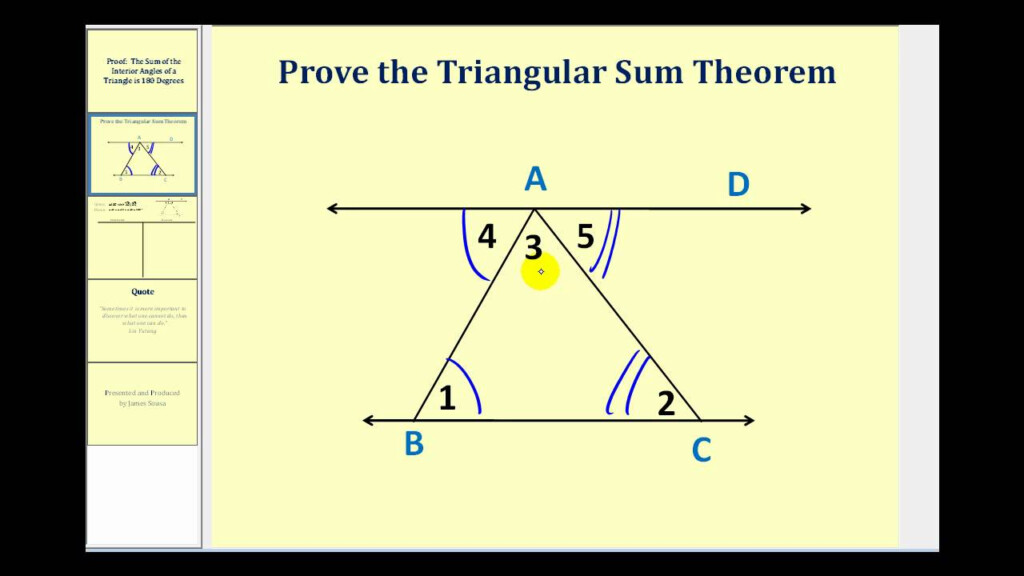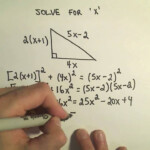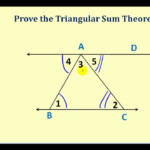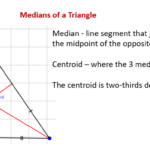The Triangle Midsegment Theorem Worksheet – Triangles are among the fundamental shapes in geometry. Understanding triangles is vital to developing more advanced geometric ideas. In this blog post this post, we’ll go over the various kinds of triangles and triangle angles, as well as how to calculate the area and perimeter of a triangle, and provide illustrations of all.
Types of Triangles
There are three types that of triangles are equilateral, isosceles, and scalene.
- Equilateral triangles consist of three equal sides and three equally angled angles of 60 degrees.
- Isosceles triangles have two equally sized sides as well as two angles.
- Scalene triangles can be found with three sides and three angles.
Examples of each type of triangles will be presented.
Triangle Angles
There are three angles in an triangle: acute right, and obtuse.
- Acute angles are those with less than 90 degrees.
- Right angles are exactly 90 degrees.
- Obtuse angles have a greater angle than 90 degrees.
A variety of angles will be given.
Perimeter of Triangles
The perimeter of one of the triangles is simply the sum of the lengths of its sides. To determine its perimeter for a triangle, you must add the lengths of the three sides. The formula to calculate the perimeter of a triangle is:
Perimeter = Side A + Side B + Side C
A few examples of how to calculate the perimeter of the triangle will also be discussed using various types of triangles.
Area of Triangles
The area of a triangle is how much space is inside the triangle. To calculate the area of a triangle, you will need to know its length from the point of origin as well as the height of the arc of the circle. The formula for calculating the amount of space in a triangle:
Area = (Base x Height) / 2
A few examples of how to determine the area of the triangle will be given by using various kinds of triangles.
Conclusion
Understanding the concept of triangles is an important component of learning the basics of geometry. Knowing the different kinds of triangles, angles, as well as how to determine the size and perimeter of a triangle can assist you in solving more complicated geometric problems. By using our comprehensive triangular worksheets, students can increase your understanding of these key concepts and enhance your geometry capabilities to the next step.
